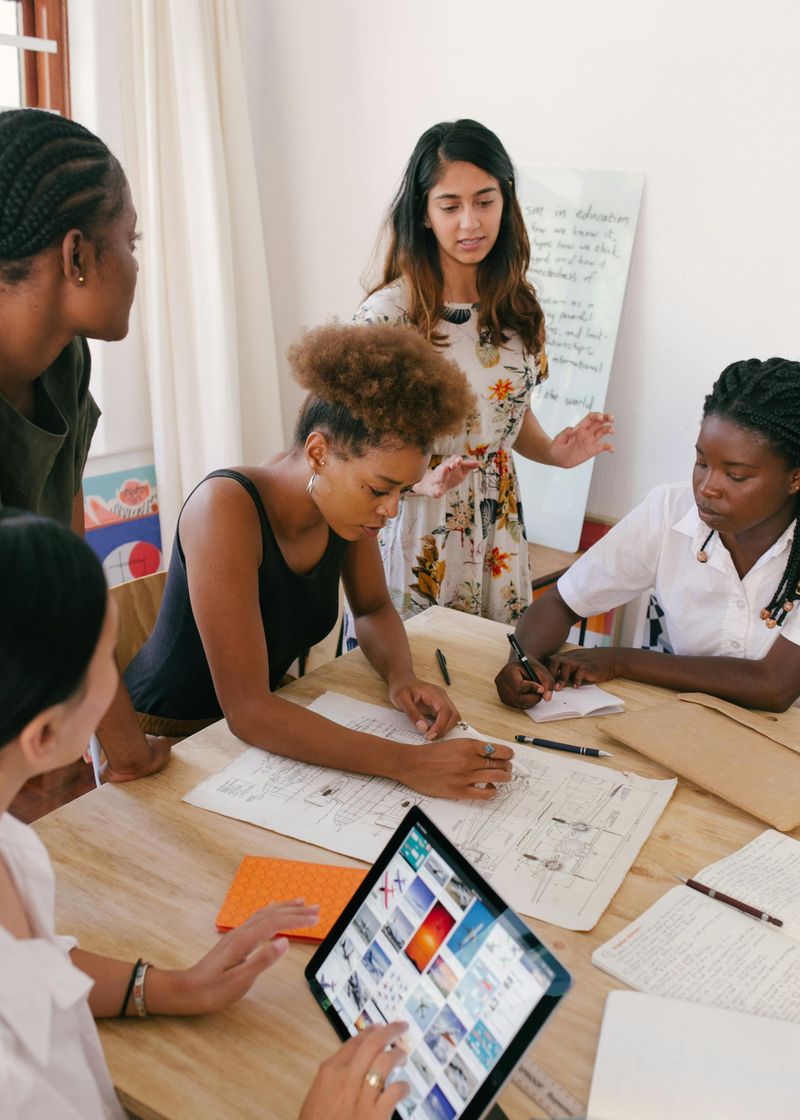10 Phrases That Make Sense—Unless You’re Looking to Be Offended

Words can sometimes land differently than intended. We’ve all experienced moments where something perfectly innocent gets twisted into something offensive. The way we communicate matters, but so does how we choose to receive messages. Here are common phrases that make perfect sense in everyday conversation but might ruffle feathers if someone’s actively seeking reasons to be upset.
1. “I didn’t mean it that way”

Communication breakdowns happen all the time. When someone tells you they didn’t intend their words to carry the meaning you received, taking them at face value saves everyone unnecessary stress.
Our brains constantly filter information through personal experiences, creating unique interpretations. Sometimes the most innocent comment can trigger unexpected reactions based on past hurts.
Choosing to believe someone’s stated intentions allows relationships to heal and grow. The alternative—assuming the worst—creates a cycle of defensiveness where genuine connection becomes impossible.
2. “You people”

Context matters tremendously with this phrase. Used in professional settings, it often simply refers to a department, team, or group with a shared characteristic—like “you people in marketing” or “you people who arrived early.”
Many workplaces and communities naturally form groups based on roles, interests, or responsibilities. Acknowledging these groups through collective references streamlines communication.
The trouble starts when listeners assume negative intent rather than considering the speaker’s actual meaning. Clarifying questions help determine if someone’s referring to legitimate groupings or making inappropriate generalizations.
3. “That’s crazy”

Originally expressing surprise or disbelief, this common reaction has been part of casual conversation for decades. Most people use it to communicate astonishment at unusual situations or unexpected news.
Friends sharing stories often exchange this phrase without any connection to mental health discussions. “That’s crazy!” simply means “That’s wild!” or “That’s hard to believe!” in most contexts.
While language evolves and sensitivity matters, assuming negative intent when someone expresses genuine surprise creates unnecessary tension. The vast majority of people using this phrase are responding with amazement, not making commentary about mental health.
4. “You’re so articulate”

Genuine compliments about someone’s communication skills can brighten their day. Most people offering this praise are simply impressed by clear expression, thoughtful vocabulary, or effective public speaking.
Professional environments particularly value articulate communication. Recognizing this skill helps acknowledge those who excel at explaining complex ideas or presenting information effectively.
The speaker’s intent almost always focuses on the person’s individual abilities rather than making comparisons to any group. Choosing to receive compliments at face value—rather than searching for hidden meanings—allows for more positive interactions and relationship building.
5. “Where are you really from?”

Curiosity about others drives human connection. Many people ask this question out of genuine interest in learning someone’s background story, especially when accents or cultural references suggest diverse experiences.
Travel enthusiasts and geography buffs often ask because they enjoy connecting over shared knowledge of different places. They’re seeking conversation topics rather than questioning someone’s belonging.
Family histories fascinate many people who ask this question to learn about immigration journeys, cultural heritage, or regional differences. While phrasing matters, assuming negative intent from someone showing interest in your background creates unnecessary distance in potential friendships.
6. “You’re one of the good ones”

People often use this phrase to express genuine appreciation for someone who stands out positively. In professional settings, it frequently highlights exceptional work ethic, reliability, or problem-solving abilities compared to previous experiences.
For many who use this phrase, they’re simply trying to pay a specific compliment about individual qualities they admire. The comparison usually relates to past experiences with others in similar roles or situations.
The intention centers on recognizing exceptional personal qualities rather than making broader group judgments. Choosing to receive the intended compliment allows for acknowledging the positive sentiment behind awkward phrasing.
7. “I have a friend who is…”

Sharing personal connections helps us relate to discussions about different groups. When someone mentions their diverse friendships, they’re often trying to establish context for their perspective or demonstrate openness to different experiences.
These references typically come from a place of wanting to show genuine care about issues affecting people they know personally. The friendship mention establishes emotional investment rather than dismissing concerns.
Most people mentioning diverse relationships are attempting to bridge understanding gaps. While this approach may seem clumsy, assuming negative intentions misses the speaker’s effort to connect their personal experiences to broader conversations about inclusion.
8. “Can I touch your hair?”

Genuine curiosity drives human connection and learning. When someone asks this question, they’re usually expressing fascination with a texture or style they haven’t experienced before, particularly with curly or textured hair.
Children especially ask this question from a place of innocent wonder rather than disrespect. Their natural curiosity about differences helps them learn about the world through direct experience.
The question itself acknowledges personal boundaries by seeking permission rather than assuming touch is acceptable. While frequency can become tiresome, recognizing that most people ask from a place of admiration rather than objectification allows for teaching moments without assuming the worst intentions.
9. “You’re so sensitive”

Emotional awareness varies tremendously between individuals. When someone points out sensitivity, they might be noticing a genuine difference in how strongly you react compared to others in similar situations.
Feedback about emotional responses can actually help with self-awareness. Understanding how our reactions appear to others provides valuable information for navigating social and professional environments.
Many people use this phrase when they’re confused by what seems like a disproportionate reaction. Rather than assuming they’re dismissing valid feelings, consider whether they’re trying to understand a response that seems unexpected from their perspective.
10. “I don’t have a problem with…”

Setting a foundation for honest discussion motivates this phrase. When someone starts a conversation this way, they’re typically trying to establish their openness before addressing complex topics involving different groups or perspectives.
Many use this introduction to signal that their following comments come from curiosity or observation rather than prejudice. They’re attempting to create space for nuanced conversation.
The statement often represents someone’s genuine self-reflection about their values regarding equality. While the phrasing might seem unnecessary to some, it represents an effort to establish good faith before exploring potentially sensitive subjects.

Comments
Loading…